
Simple ways to incorporate sustainability into your daily life
Sustainability is a hot topic these days, and for good reason. Our planet is facing a lot of challenges, from climate change to pollution to deforestation, and it's up to all of us to do our part in addressing these issues. But, let's be real, it can be overwhelming to know where to start. It's easy to think that making a real difference requires major lifestyle changes, but the truth is that small actions can add up to big impact. In this blog, we're going to talk about some simple ways to incorporate sustainability into your daily life.
First things first, let's define sustainability. It's the practice of meeting the needs of the present without compromising the ability of future generations to meet their own needs. In other words, it's about living in a way that doesn't deplete the Earth's resources or harm the environment. It's not about being perfect, it's about being mindful and making choices that are better for the planet. And, the good news is, it doesn't have to be boring! Incorporating sustainability into your daily life can be fun, and it can even save you money. So, whether you're a tree-hugging vegan or a meat-loving, car-driving skeptic, there's something in this blog for you. So sit back, relax, and let's talk about some easy ways to make a difference.
Reduce, reuse, and recycle
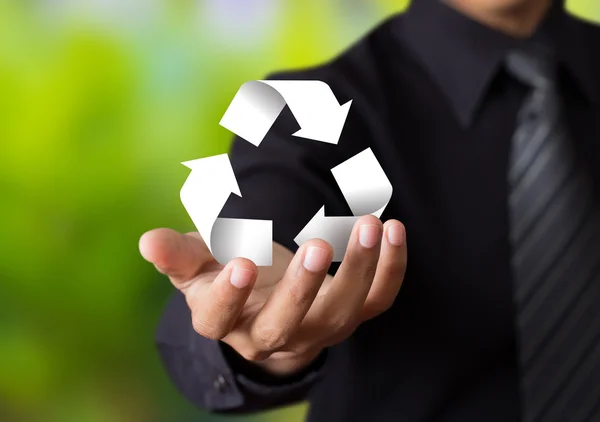
Reduce, reuse, and recycle is a phrase you've probably heard a lot. It's a simple concept, but it's also one of the most effective ways to incorporate sustainability into your daily life. These three little words can make a big impact on the environment and they're easy to implement. Let's break it down:
First, reduce. This means using less. It's as simple as that. You can reduce the amount of energy you use by turning off lights when you leave a room. You can reduce the amount of water you use by taking shorter showers. You can reduce the amount of waste you produce by using cloth grocery bags instead of plastic ones. The key is to be mindful of the resources you're using and find ways to use less.
Next, reuse. This means using something again. Instead of throwing away a glass jar, you can wash it and use it to store food. Instead of buying new clothes, you can shop second-hand. Instead of buying a disposable camera, you can use your smartphone. The key is to find new uses for things you already have instead of buying new ones.
Finally, recycle. This means turning waste into something new. You can recycle paper, plastic, glass, and metal. You can even recycle certain types of food waste, like coffee grounds and eggshells. The key is to recycle as much as you can instead of throwing it away.
Reduce, reuse, and recycle is a simple and effective way to incorporate sustainability into your daily life. It's a mantra that's easy to remember and it's one of the most powerful ways to make a difference. And if you're feeling extra motivated, you can even make a game out of it! See how many things you can reduce, reuse, and recycle in a week and see how much of a difference you can make.
Energy conservation

Energy conservation is a no-brainer when it comes to incorporating sustainability into your daily life. Not only is it good for the environment, but it can also save you money on your energy bill. So, let's talk about some simple ways to reduce your energy consumption at home.
First, let's start with the obvious one: turning off lights when you leave a room. It sounds simple, but it's easy to forget. Make it a habit to turn off lights when you're not using them. You can even install a smart switch that can be controlled with your phone, so you can turn off lights from anywhere.
Next, let's talk about appliances. You can reduce the amount of energy your appliances use by unplugging them when you're not using them or by using energy-efficient appliances. Look for appliances with the Energy Star label, which means they meet energy efficiency guidelines set by the U.S. Environmental Protection Agency.
You can also reduce your energy consumption by using a programmable thermostat. This allows you to set the temperature in your home to automatically adjust when you're not there, so you're not heating or cooling an empty house.
Finally, consider investing in solar panels. It's a big investment, but it will pay off in the long run. Not only will you be reducing your energy consumption, but you'll also be generating your own electricity from a renewable source.
Energy conservation is an easy way to incorporate sustainability into your daily life. It's not about making big changes, it's about being mindful and making small changes that add up to make a big difference. And, who doesn't like saving money? So, go forth, and conserve energy!
Water conservation

Water conservation is a crucial aspect of sustainability, and it's something that's easy to incorporate into your daily life. After all, we all need water to survive, and it's a resource that's becoming increasingly scarce in many parts of the world. So, let's talk about some simple ways to conserve water.
First, let's start with the most obvious one: taking shorter showers. It's easy to get lost in the moment and spend 20 minutes under the water, but it's not necessary and it's a waste of water. Consider setting a timer for yourself and sticking to it. You can also install a low-flow showerhead, which uses less water and can still provide a great shower experience.
Next, let's talk about leaks. Leaks may seem small, but they can add up to a lot of wasted water. A dripping faucet can waste up to 2,000 gallons of water per year. So, if you hear a dripping sound, don't ignore it. Fix it right away.
You can also conserve water by using a broom instead of a hose to clean your driveway or patio. This way you're not wasting water when it's not needed.
Finally, consider investing in a rain barrel. It's an easy and efficient way to collect and store rainwater, which can then be used for watering your plants, cleaning your car, or even flushing your toilet.
Water conservation is a simple and important way to incorporate sustainability into your daily life. It's not about making big changes, it's about being mindful and making small changes that add up to make a big difference. So, go forth, and conserve water!
Sustainable transportation
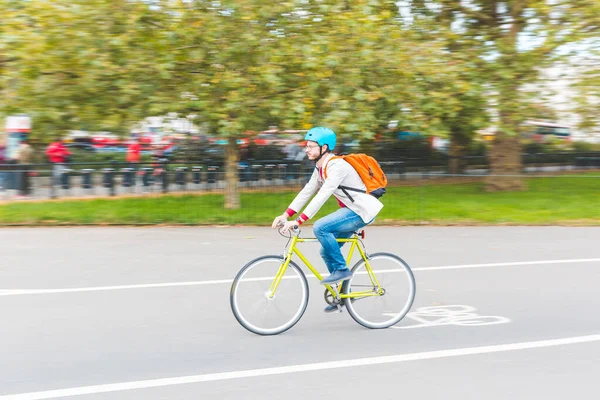
Sustainable transportation is a hot topic these days, and for good reason. The way we get around has a big impact on the environment, from air pollution to carbon emissions. So, let's talk about some simple ways to make our transportation more sustainable.
First, let's start with the most obvious one: walking or biking. Not only is it good for the environment, but it's also good for your health. Walking or biking to work or school instead of driving can save you money on gas and reduce your carbon footprint.
Next, let's talk about carpooling. If walking or biking isn't an option for you, consider carpooling with your coworkers or classmates. Not only will you be reducing your carbon footprint, but you'll also be reducing traffic congestion and saving money on gas.
Public transportation is also a great option. It's efficient and can reduce the number of cars on the road, which reduces traffic and pollution. It's also a great way to get around if you don't have a car.
Finally, if you must drive, consider buying an electric or hybrid vehicle. It's a big investment, but it will pay off in the long run. Not only will you be reducing your carbon footprint, but you'll also be reducing your dependence on fossil fuels.
Sustainable transportation is an important aspect of incorporating sustainability into your daily life. It's not about making big changes, it's about being mindful and making small changes that add up to make a big difference. So, go forth, and make your transportation sustainable!
Sustainable food choices
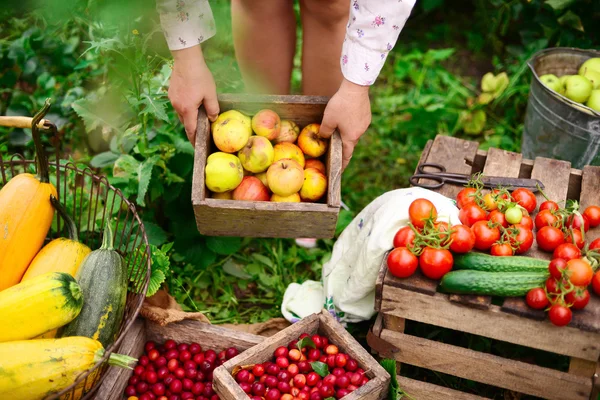
Sustainable food choices are a crucial aspect of sustainability. The way we produce and consume food has a big impact on the environment, from deforestation to water usage to greenhouse gas emissions. So, let's talk about some simple ways to make our food choices more sustainable.
First, let's start with the most obvious one: eating less meat. The meat industry is a major contributor to greenhouse gas emissions and deforestation. By reducing the amount of meat you consume, you can make a big difference. Consider trying meatless Mondays or plant-based alternatives.
Next, let's talk about buying locally sourced produce. Not only is it better for the environment, but it also supports local farmers and can be fresher and taste better. Look for farmers' markets or Community Supported Agriculture programs in your area.
Organic food is also a good option when possible. Organic farming practices prioritize soil health, biodiversity and reduce the use of synthetic pesticides and fertilizers.
Finally, consider reducing food waste. This can be done by meal planning, buying only what you need, and storing food properly. When food goes to waste, so does all the resources and energy that went into producing it.
Sustainable food choices are an important aspect of incorporating sustainability into your daily life. It's not about making big changes, it's about being mindful and making small changes that add up to make a big difference. So, go forth, and make sustainable food choices!
Sustainable fashion
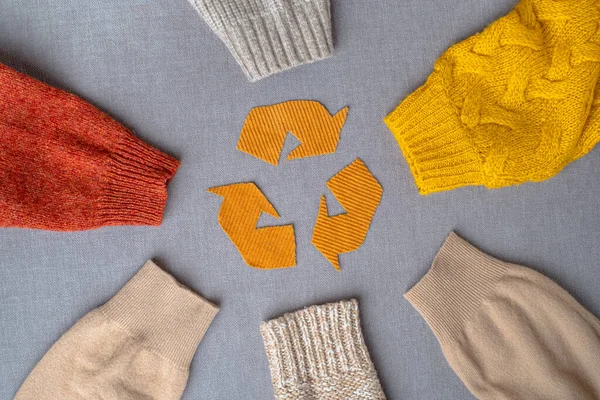
Sustainable fashion is a hot topic these days, and for good reason. The fashion industry has a big impact on the environment, from water usage to pollution to textile waste. So, let's talk about some simple ways to make our fashion choices more sustainable.
First, let's start with the most obvious one: buying second-hand clothes. Not only is it better for the environment, but it also saves you money. Thrift stores, vintage shops, and online marketplaces like eBay and Depop are great places to find unique and sustainable clothing options.
Next, let's talk about investing in high-quality, long-lasting garments. Instead of buying cheap, fast-fashion items that will fall apart after one season, consider buying clothes that are well-made and will last for years to come. Quality over Quantity.
Consider also choosing natural fibers over synthetic ones. Natural fibers like cotton, linen, and wool are biodegradable and have a lower environmental impact than synthetic fibers like polyester, which are made from petroleum and take hundreds of years to decompose.
Finally, consider supporting sustainable and ethical fashion brands. Look for brands that use sustainable materials and ethical production practices, such as fair labor and reduced water and energy usage.
Sustainable fashion is an important aspect of incorporating sustainability into your daily life. It's not about making big changes, it's about being mindful and making small changes that add up to make a big difference. So, go forth, and make sustainable fashion choices!
Sustainable skincare

Sustainable skincare is a crucial aspect of sustainability, and it's something that's easy to incorporate into your daily routine. The beauty industry has a big impact on the environment, from water usage to pollution to packaging waste. So, let's talk about some simple ways to make our skincare choices more sustainable.
First, let's start with the most obvious one: using natural and organic products. Not only are they better for the environment, but they're also better for your skin. Look for products that use natural ingredients and avoid synthetic chemicals.
Next, let's talk about packaging. Consider choosing products that come in minimal and recyclable packaging. Avoid products that come in excessive packaging and always recycle when possible.
Third, consider supporting sustainable and ethical beauty brands. Look for brands that use sustainable materials and ethical production practices, such as fair labor and reduced water and energy usage.
Finally, consider reducing consumption, try using multi-purpose products and using them until they're finished instead of constantly switching to new products.
Sustainable skincare is an important aspect of incorporating sustainability into your daily life. It's not about making big changes, it's about being mindful and making small changes that add up to make a big difference. So, go forth, and make sustainable skincare choices!
Sustainable home cleaning 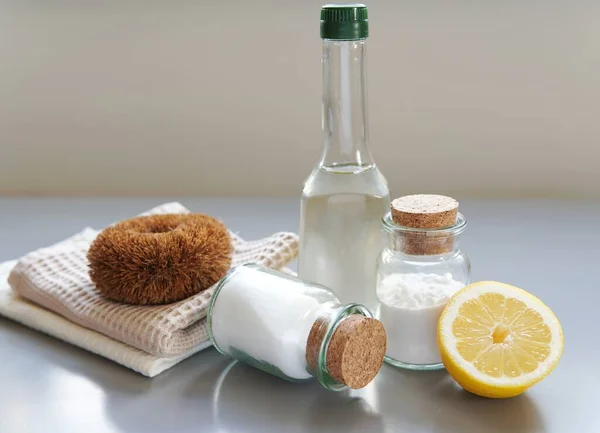

Sustainable home cleaning is an important aspect of incorporating sustainability into your daily life. The cleaning industry has a big impact on the environment, from water usage to pollution to packaging waste. So, let's talk about some simple ways to make our cleaning choices more sustainable.
First, let's start with the most obvious one: using non-toxic and biodegradable cleaning products. Not only are they better for the environment, but they're also better for your health. Look for products that use natural ingredients and avoid harsh chemicals.
Next, let's talk about packaging. Consider choosing products that come in minimal and recyclable packaging. Avoid products that come in excessive packaging and always recycle when possible.
Third, consider supporting sustainable and ethical cleaning brands. Look for brands that use sustainable materials and ethical production practices, such as fair labor and reduced water and energy usage.
Finally, consider reducing consumption. Try using multi-purpose cleaning products and using them until they're finished instead of constantly switching to new products.
Sustainable home cleaning is an important aspect of incorporating sustainability into your daily life. It's not about making big changes, it's about being mindful and making small changes that add up to make a big difference. So, go forth, and make sustainable home cleaning choices!
Conclusion
In conclusion, incorporating sustainability into your daily life is not about making big changes, it's about being mindful and making small changes that add up to make a big difference. We've covered some simple ways to incorporate sustainability into your daily life, from reducing, reusing and recycling, to energy and water conservation, to sustainable transportation and food choices, sustainable fashion, skincare, and home cleaning.
It's important to remember that sustainability is not about being perfect, it's about being mindful and making choices that are better for the planet. And the good news is, it doesn't have to be boring! Incorporating sustainability into your daily life can be fun, and it can even save you money.
We hope that this blog has given you some inspiration and practical tips on how to incorporate sustainability into your daily life. Remember, small actions can add up to big impact. So, go forth and make a difference!
 Reviewed by jadan
on
February 07, 2023
Rating:
Reviewed by jadan
on
February 07, 2023
Rating:




No comments: